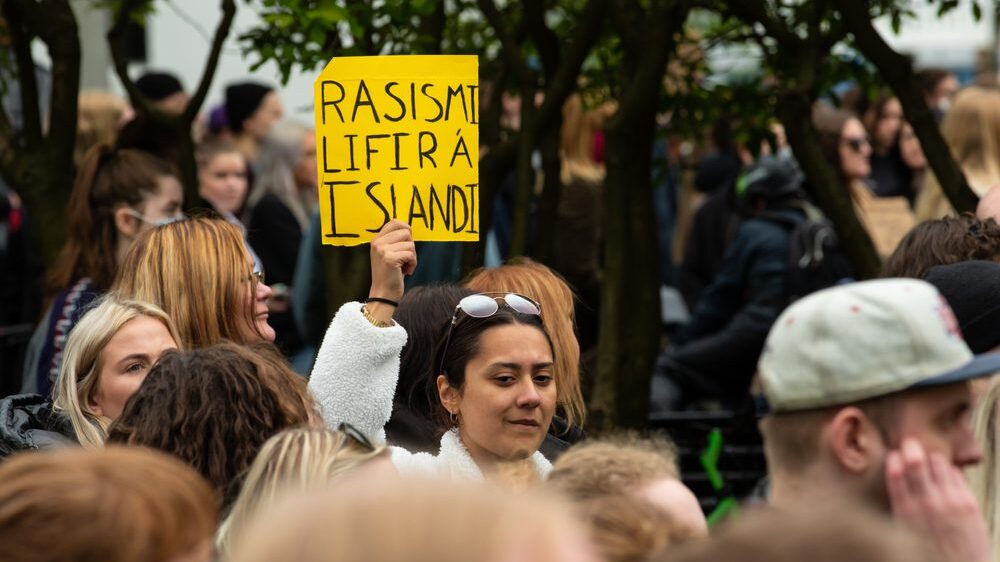
Iceland will tighten asylum laws after MPs voted 38 to 15 to strip benefits away from failed asylum seekers. The island nation has recently witnessed a dramatic spike in refugee arrivals, with over 2,500 asylum applicants lodged last year in a country of 370,000.
The ‘Alien Bill’’ proposed by the Icelandic Minister for Justice Jón Gunnarsson received the support of all three ruling government parties despite vocal opposition from the Pirate Party and Social Democrats, who raised concerns that refugees would be left homeless.
Under the terms of the bill, asylum seekers will not be able to claim health and social security benefits 30 days after their application is refused. A prominent Green MP left his party over their support for the bill as part of a coalition deal with the governing centre-right Independence Party.
Icelandic officials had warned of large-scale asylum abuse, enhanced by the country’s membership in the European Schengen Zone which allows refugees to fly to Iceland without having to pass through border checks. Local media has reported a strain on housing and employment triggered by the influx of Ukrainian refugees in 2022.
A 2022 decision to deport a contingent of 200 largely Somalian refugees helped bring the issue of asylum to national prominence. Iceland had been targeted by pro-migration NGOs such as Amnesty International and the Red Cross that have used a series of controversial deportation cases to push an open-borders agenda
In 2022 the Icelandic state compensated an Albanian asylum seeker for having been deported during the ninth month of pregnancy. Another high-profile case of deportation—of a wheelchair-bound Iraqi—also elicited condemnation when authorities attempted to suppress footage.
